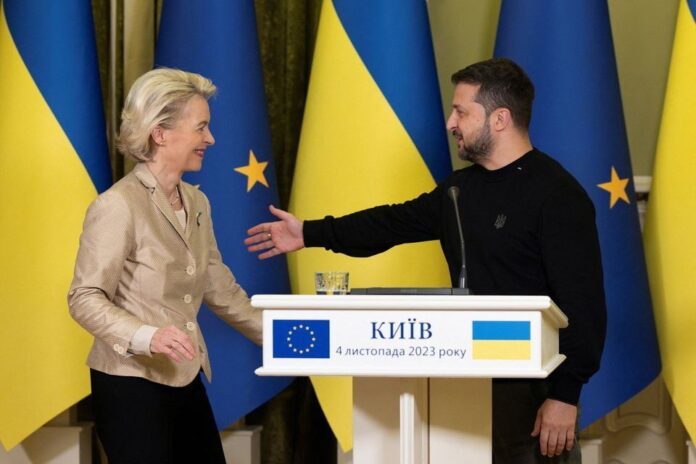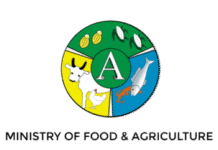Significant surges in imports from Ukraine threaten, if continued, the stability of some European farming sectors, according to the European People’s Party Group (EPP).
In a letter to President of the European Commission, Ursula von der Leyen, the EPP group has voiced “the concerns of several EU agriculture sectors that are being severely affected by unlimited imports from Ukraine, following the implementation of Autonomous Trade Measures (ATMs).
While it says it wants to underscore its unwavering support for the Ukrainian people and its commitment to backing any initiatives aimed at assisting them in dealing with the aftermath of the conflict stemming from Russian aggression, it goes on to say “we think proper reflection should be given to certain sectors, which seem to shoulder an additional burden of this support and contend with an unprecedented influx of imports from Ukraine.
“Specifically, farmers and producers in the poultry sugar and eggs sectors are grappling with significant surges in imports from Ukraine, posing
– if continued – a threat to the stability of these sectors and jeopardizing the future of their producers.
“The redirection of volumes, originally intended mainly for third countries,
predominantly to the EU, is causing substantial disruptions to these markets.”
It also says differences in production standards and the absence of a level playing field are giving rise to unfair competition anda simple continuation of the current ATMs is untenable and some adaptations and safeguards need to be injected.
The letter goes on to say the Commission must propose solutions to safeguard these affected sectors while ensuring an adequate level of support for Ukraine.
“Considering options such as registering imports with a deposit system and establishing thresholds beyond which exports should be directed towards third countries could be a viable path forward and should be taken into account by the Commission.
“It is also crucial for Ukraine’s future recovery to maintain some access
to export markets in third countries and prevent it from becoming overly reliant on EU exports. Moreover, these markets in third countries could be occupied by Russia, which would lead to further economic and political tension.”
Last year a leaked analysis suggested the integration of Ukraine into the EU could cost some €186 billion over seven years and result in significant cuts to Common Agricultural Policy Payments in existing countries.








